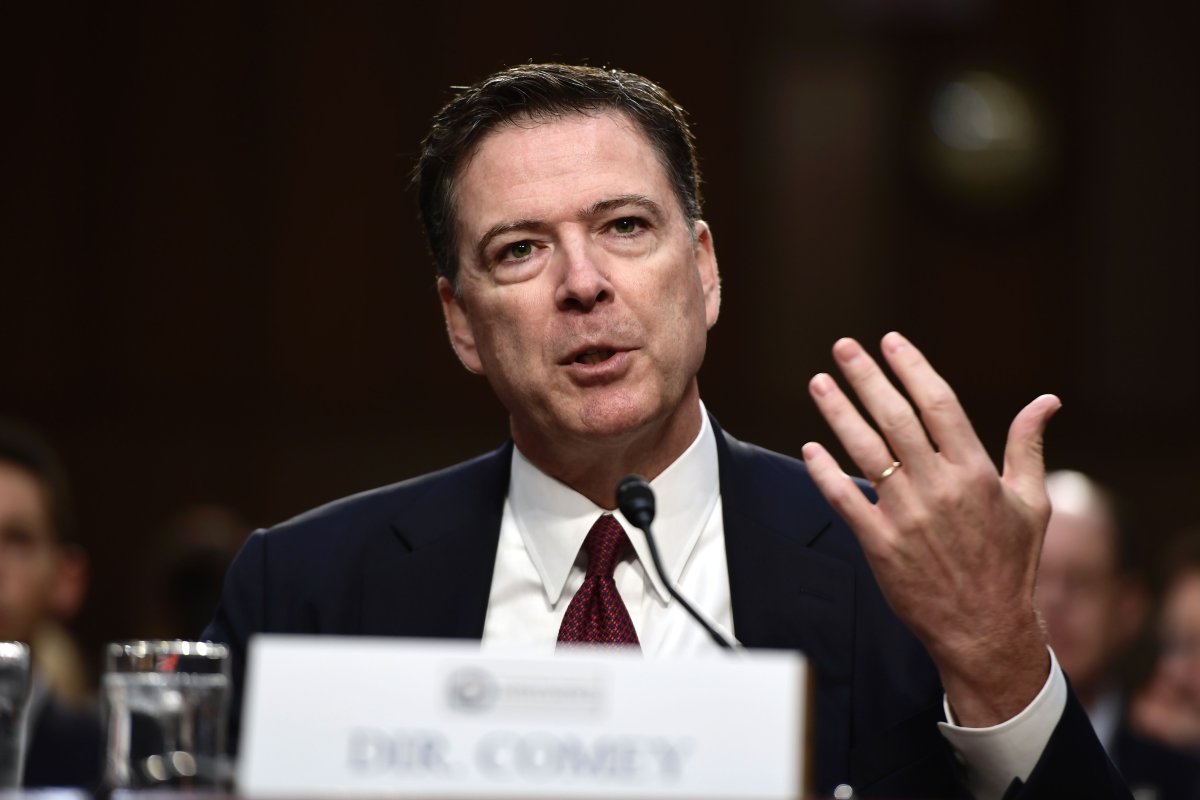Former President Donald Trump has initiated a contentious legal battle against former FBI Director Jim Comey, presenting what many observers view as baseless criminal charges. Trump reportedly directed Attorney General Pam Bondi to investigate Comey for allegedly making false statements to Congress and obstructing justice. This move has been described as an escalation in Trump’s ongoing conflict with figures he perceives as political adversaries.
The situation intensified when Erik Siebert, Trump’s own appointee as U.S. Attorney for the Eastern District of Virginia, declined to pursue the indictment against Comey. Siebert’s decision was based on the perceived weakness of the case, prompting Trump to reportedly order his removal from the position. While Trump asserts that Siebert was fired, Siebert maintains that he resigned in protest. Following this, Lindsey Halligan was appointed and subsequently presented the case to a grand jury, despite doubts from her colleagues regarding its validity.
This series of events raises significant questions about the integrity of the U.S. Department of Justice under Trump’s influence. Comey, who has been vocal about the administration’s perceived misuse of the justice system, responded to the charges by stating he would not be intimidated and would fight back in court. His stance reflects a broader concern about the narrative being crafted by Trump, who appears intent on undermining the credibility of his opponents.
The allegations against Comey are seen by many as part of a larger strategy by Trump to silence dissent and maintain control over the political narrative. According to reports, Trump has made it clear that he believes Comey and others like him are threats to his credibility and authority. This tactic of intimidation has been noted by political analysts as a dangerous precedent in American politics.
While some Republicans express concern about officials making false statements to Congress, critics point out that significant targets remain unaddressed. For instance, Robert F. Kennedy Jr. has faced scrutiny for statements made during his Senate confirmation hearings regarding vaccines, which some argue misrepresented his intentions. Other prominent figures, including Cabinet secretaries such as Kristi Noem and Pete Hegseth, have similarly faced allegations of misleading Congress.
Despite the apparent challenges posed by these controversies, legal experts suggest that many of Trump’s charges against Comey are likely to be dismissed by the courts. Historically, courts have rejected similar claims, indicating a potential vulnerability in Trump’s legal strategy.
As this legal saga unfolds, it highlights broader issues of accountability and the potential for political manipulation within the justice system. Observers will be closely watching how this situation develops, particularly in light of Trump’s ongoing efforts to shape public perception and silence dissenting voices. The implications of these actions extend beyond Comey, affecting the political landscape and public trust in governmental institutions.
In summary, the indictment against Comey could represent not only a legal battle but also a pivotal moment in understanding the relationship between politics and justice in the current era.
